Ivory Coast
Ivorian President Alassane Ouattara on Friday dismissed his Prime Minister Patrick Achi, in office since 2021, and announced the forthcoming formation of a new government, two years ahead of the presidential election.
Mr. Ouattara signed a decree "terminating the functions of the Prime Minister, head of government, as well as those of the members of the government", according to a press release read by the Secretary General of the Presidency, Abdourahmane Cissé.
The Ivorian head of state expressed "his gratitude to Prime Minister Patrick Achi and all the members of the government for their commitment to serving the nation over the past few years".
This decision had been expected in recent days in Côte d'Ivoire, as the President had informed government members of a forthcoming reshuffle at the last Council of Ministers meeting on September 28.
Patrick Achi was appointed in March 2021 following the death from cancer of his predecessor, Hamed Bakayoko, who had succeeded Amadou Gon Coulibaly, who died in July 2020.
He resigned in April 2022, only to be reappointed in a minor reshuffle.
Last month, he won a comfortable victory in local elections in his region of Mé (south).
This time, the next reshuffle is likely to be more significant, and will give an indication of the heavyweights on which the Rassemblement des Houphouëtistes et la démocratie et la paix (RHDP), the ruling party, is counting for the 2025 presidential election.
Having won 60% of communes and 80% of regions in the September elections, the RHDP is shaping up to be the clear favourite.
It remains to be seen who will be its candidate: Alassane Ouattara has yet to declare whether he intends to run for a fourth term.




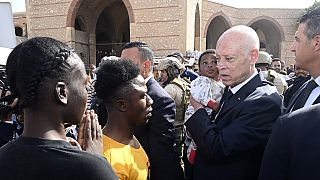
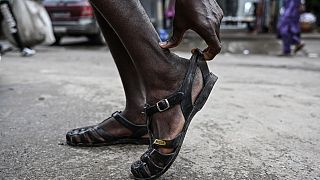
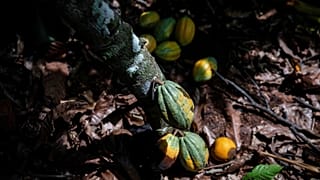
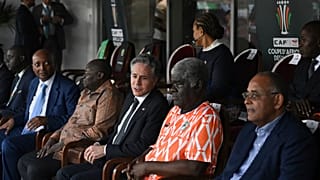

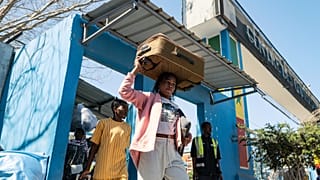
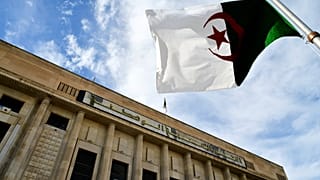
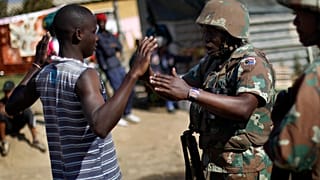
Go to video
Amadou Oury Bah re-appointed prime minister under Guinea's new government
01:00
Ivory Coast's Ouattara makes brother deputy PM in reshuffle
Go to video
Gabon's President Nguema starts the year with major government reshuffle
01:07
Ivory Coast: Ruling party tightens grip on parliament
01:48
Ivory Coast's incumbent leader Ouattara is sworn in for a fourth term
Go to video
Why old Presidents still win: generational tensions after Cameroon and Ivory Coast votes